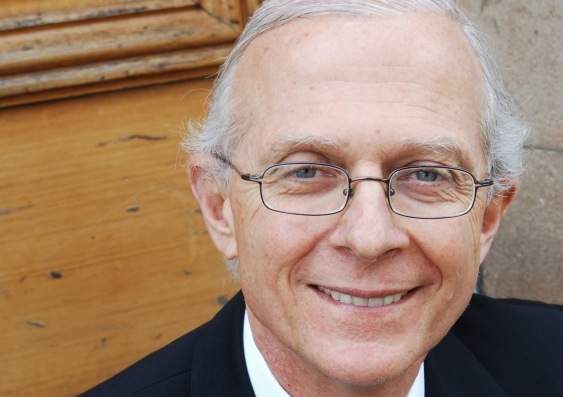UNSW professor wins 'Nobel Prize for Ageing’
UNSW's Henry Brodaty has won the $250,000 Ryman Prize for his tireless work over 30 years to combat dementia – a disease that affects more than 340,000 Australians.
UNSW's Henry Brodaty has won the $250,000 Ryman Prize for his tireless work over 30 years to combat dementia – a disease that affects more than 340,000 Australians.

Dan Wheelahan
UNSW Media Office
02 9385 1933 or 0435 930 465
d.wheelahan@unsw.edu.au
UNSW Scientia Professor Henry Brodaty has won The Ryman Prize for his tireless work over 30 years to combat dementia – a disease that affects around 342,000 Australians.
The $250,000 international prize rewards the best work in the world that has enhanced quality of life for older people. It is the world’s richest prize of its type and was established to create the equivalent of a Nobel Prize for people working in the field of the health of older people.
Professor Brodaty, who is Co-Director of UNSW’s Centre for Healthy Brain Ageing (CHeBA), received the award from New Zealand’s Deputy Prime Minister, Bill English, in Wellington today.
As well as treating thousands of patients at his clinic, Professor Brodaty has been a pre-eminent researcher into ways to improve diagnosis and treatment of dementia.
He has published extensively and is also is a highly respected teacher and presenter who has inspired generations of dementia researchers to follow in his footsteps.
“This award is an immense honour for me personally, especially as it's open for applications worldwide,” said Professor Brodaty, who is also the founding Director of the Dementia Collaborative Research Centre.
Winning a prize is always a team effort and so it has been for me.
“Winning a prize is always a team effort and so it has been for me. Over the last three decades, I have been privileged to have worked with wonderful, talented and committed people dedicated to research, clinical care and advocacy to improve the lives of older people with mental illness and those with dementia and their families.
“My challenge now is how best to use the prize money to achieve maximum benefit for older people’s mental health and people with dementia and their families.”
Ryman Prize Juror Dr David Kerr said Professor Brodaty was a worthy winner.
“We had an incredible field this year and there were some strong contenders from all over the world. Professor Brodaty’s nomination was a standout: his dedication and achievements are truly world-class,” Dr Kerr said.
“He is a pioneer in diagnosis and treatment of Alzheimer’s and dementia in Australasia and his influence has been felt around the world.’’
The number of dementia sufferers is increasing rapidly, with almost one million Australians expected to be living with dementia by 2050, at an economic cost of 2 to 3% of GDP. At projected rates, the aged care workforce will need to triple by 2050 and 500 new beds for dementia-related care will be needed per month for the next 40 years.
One of the initiatives led by CHeBA at UNSW is the Dementia Momentum, which brings together researchers and the community to change the future of dementia incidence. The goal is to drive momentum in awareness, research and societal change for a brighter future.
Read more here.